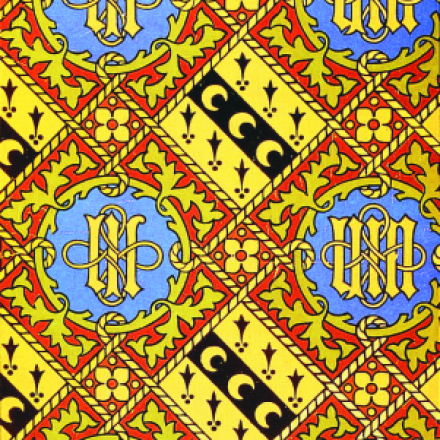He killed off Georgian style
God’s Architect: Pugin and the Building of Romantic Britainby Rosemary Hill Pugin is not unknown in the way he was 50 years ago. Two major exhibitions in the 1990s, in New York and London, the formation of a flourishing Pugin Society and 3,000 people who one weekend last summer crowded in to see his highly





